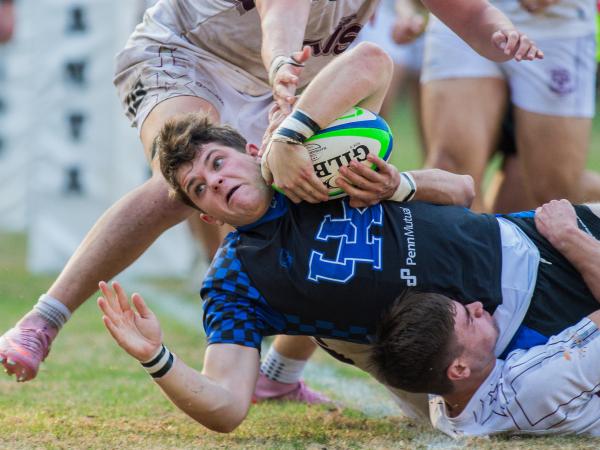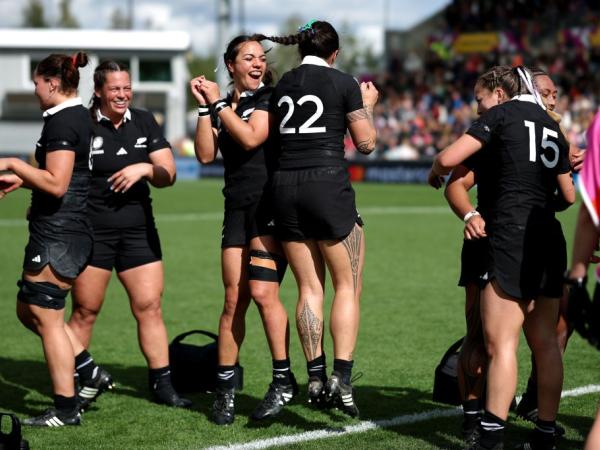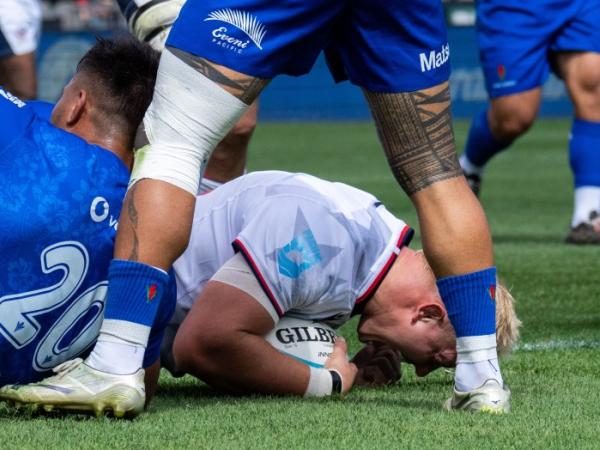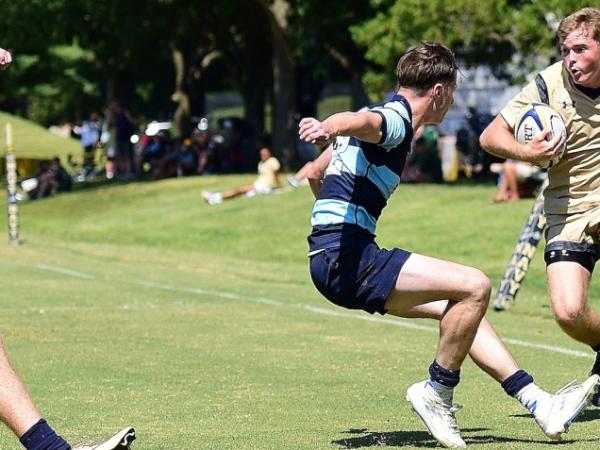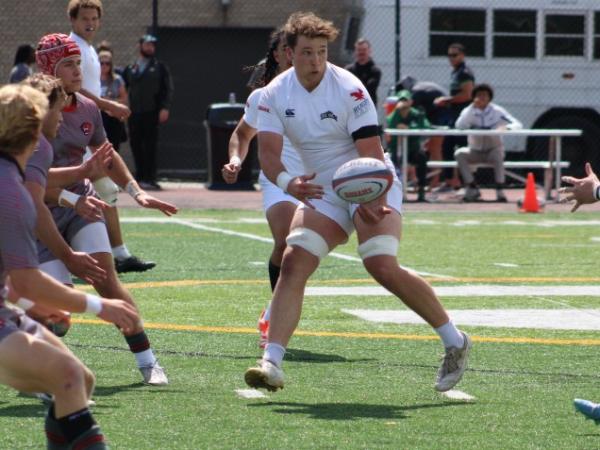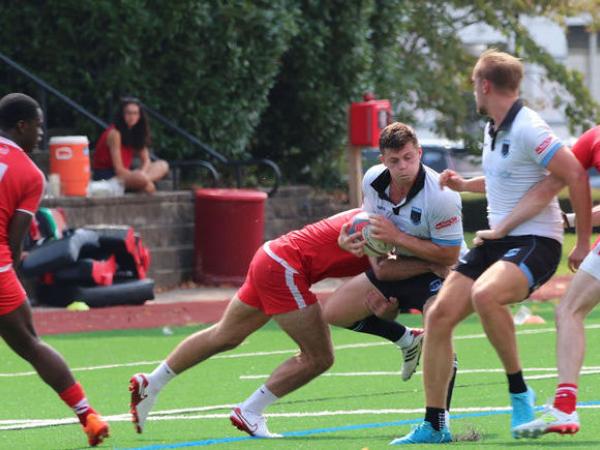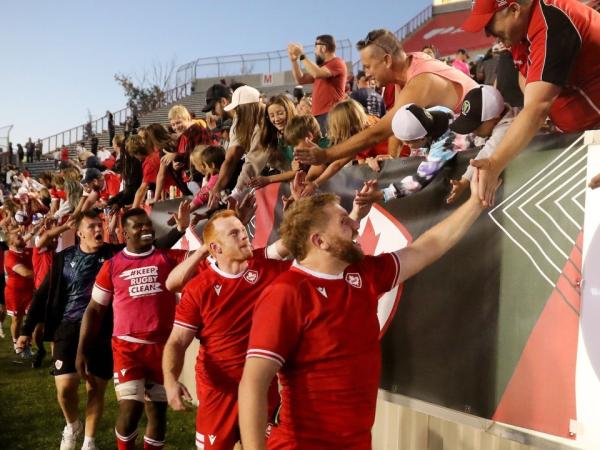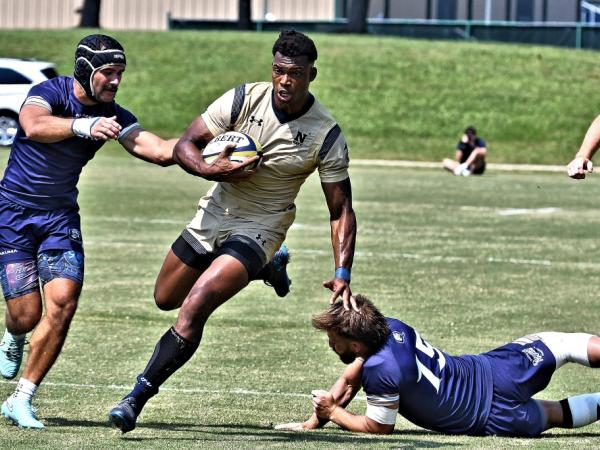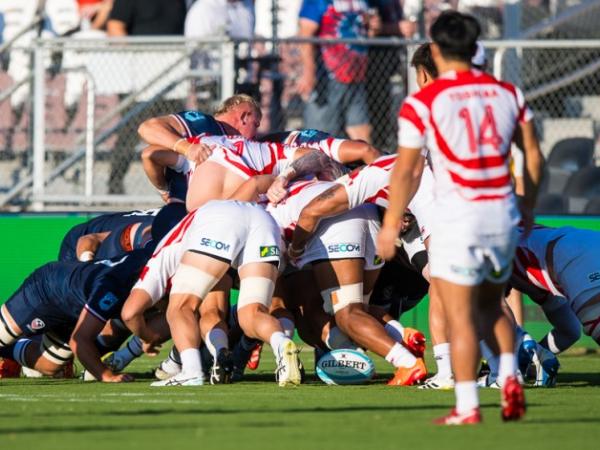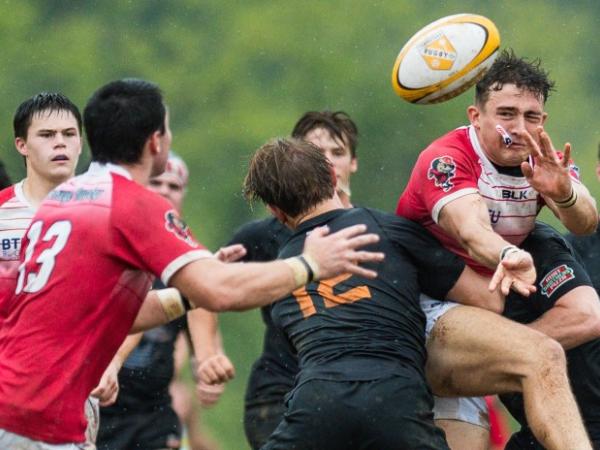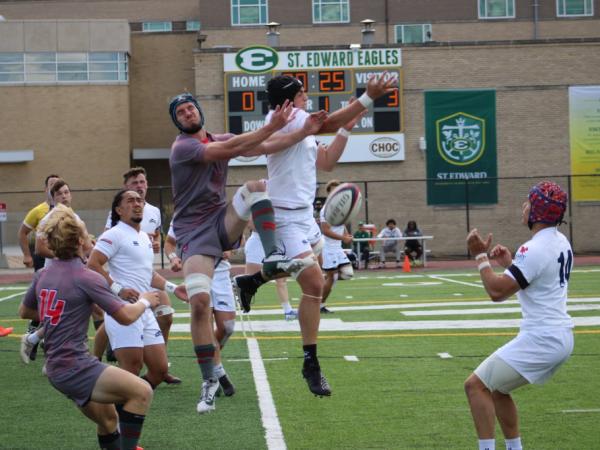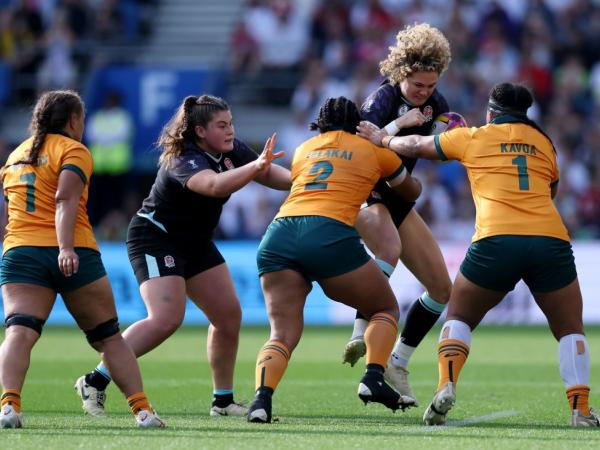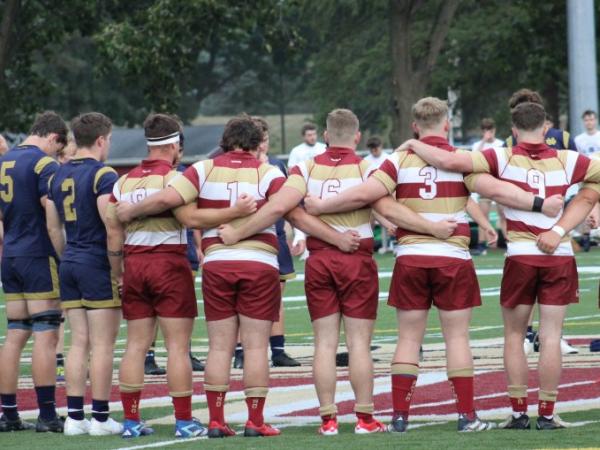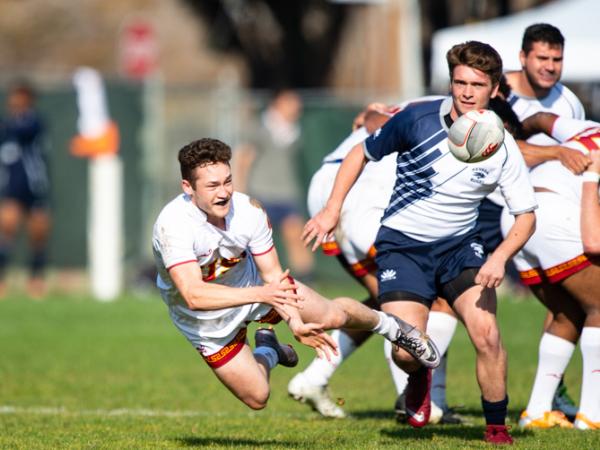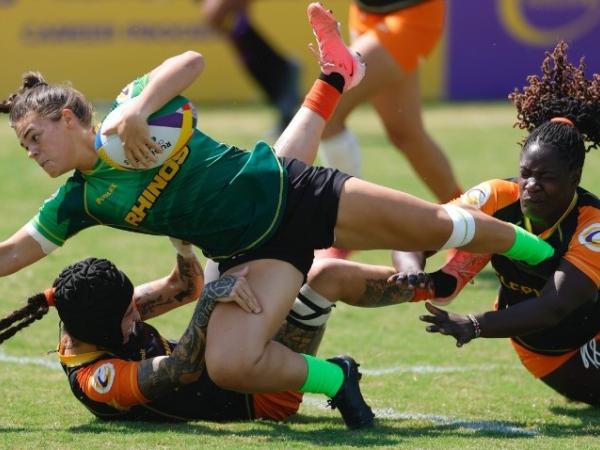USA Rugby’s Varsity High School status has been awarded to four programs so far, with another six having officially applied.
According to USA Rugby’s head of youth and high school, Kurt Weaver, the new program, which allows a fully-varsity high school team to register all of its players for a flat fee of $250, is supposed to be promoted by the State-Based Rugby Organizations. When asked why USA Rugby wasn’t promoting the new dues plan, Weaver told Goff Rugby Report that getting teams to apply for the Varsity designation, and screening teams to make sure they meet the criteria, is up to the SBROs.
Only when a team has successfully moved through the SBRO screening does it land on Weaver’s desk and gets looked at by USA Rugby.
“The state organization works with the local team that has potential for this status,” said Weaver. “It’s pretty stringent. You have to check these boxes. Once they check those boxes it comes to me.”
So Weaver said he expects to see more teams’ applications to come through as the winter progresses. The Varsity dues program has come under some criticism because the standard for achieving Varsity stays (as far as the dues structure goes) is tough to meet - teams have to be under the aegis of their school athletic director or other major administrator, have to have a certain level of insurance, and have to be considered Varsity by their school.
In an earlier interview, Weaver suggested that the requirements might ease over time, but that they had to be strict in the first year. Much of the criticism has come from Southern California, which has a strong all-single-school league in San Diego. One of those teams, however, has achieved the Varsity Status. The four that have made the grade so far are:
St. Augustine (Boys), San Diego, Calif.
Morton HS (Boys), Cicero, Ill.
Brother Rice HS (Boys), Chicago, Ill.
Sycamore HS (Girls), Sycamore, Ill.
It’s telling that Illinois boasts three of the four teams.
“It’s just our superior administration!” joked Rugby Illinois President David Hall. “Seriously, we just promoted it to our people and thought if they wanted to do it, they needed to know about it.”
Similarly, the program was promoted heavily in Southern California, but it is from that region where criticism of the Varsity dues structure as being too difficult arose.
The registration of Brother Rice is significant in that Brother Rice has operated as a club team for the last few years, but reports are that the school administration has stated that the team will no longer field players from other schools and is full single-school.
In other regions, teams have expressed frustration that USA Rugby didn’t promote the Varsity dues structure more - or at all - but Weaver responded that this wasn’t what they planned to do.
More teams are expected to get the Varsity designation. Weaver added that he expects to have a full Varsity-certified league in the Massachusetts Youth Rugby Organization, and because of that the High School Athletic Association is considering bringing them in because of that.
“You’re going to see more teams move in this direction and I’m excited for them to do it,” said Weaver.
Like many other teams, the Massachusetts teams will apply when it comes time to register with USA Rugby.
Notes: The new Varsity HS dues structure means teams pay USA Rugby $250 a year to register all of their players - this is because these teams have their own school-provided insurance, among other benefits. These teams likely have other dues to pay to their local leagues or SBROs.
With this Varsity registration, these teams can compete in leagues, playoffs, and tournaments, as long as their school approves of the participation. If a school does not give approval for participation in a tournament, then the rugby team would have register each player the old way in order to participate.














